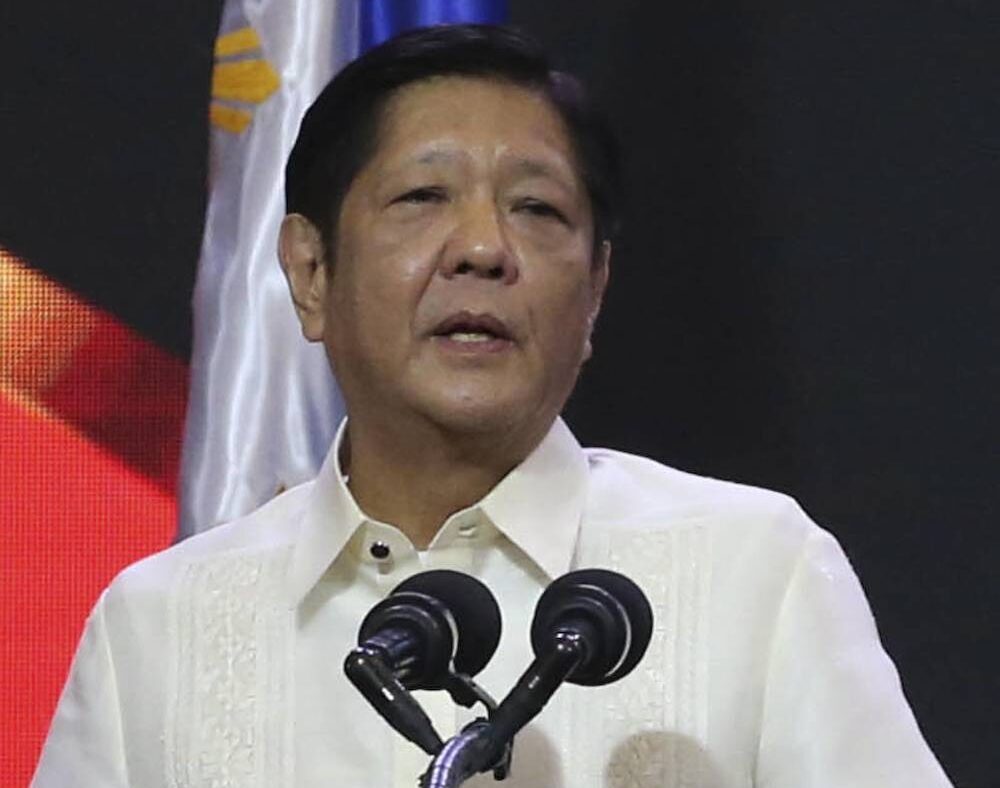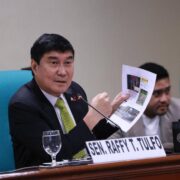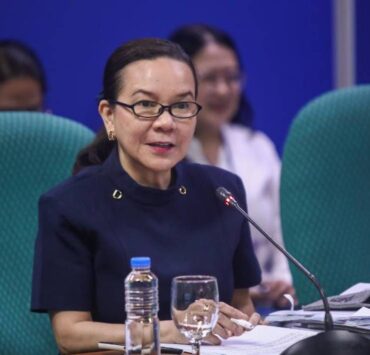Palace blames fake news for drop in Marcos ratings

A massive disinformation and misinformation campaign about the government’s actions, policies and programs seems to be affecting the mindset of many Filipinos, which may have caused the drop in the trust and approval ratings of President Marcos, a Palace official said on Monday.
At a press briefing, Palace press officer Claire Castro said the President has reiterated his directive for agencies of the government led by the Department of Information and Communications Technology (DICT) to curb the proliferation of “fake news.”
“Like what we have said, fake news can derail the minds of the people. That is why we are taking action now—the President is holding a meeting with the heads of agencies, especially DICT, to address and cut down this spread of fake news, especially during this campaign season,” she said.
Castro made the statement in reaction to the Pulse Asia survey released on Holy Wednesday, which recorded a drop in the approval ratings of Mr. Marcos compared to that of his Uniteam running mate, Vice President Sara Duterte.
The survey conducted from March 23 to March 29, showed that the President’s public approval ratings fell by 17 percentage points, from 42 percent in February to 25 percent in March while his disapproval ratings went up by 21 points, from 32 percent to 53 percent.
By contrast, Duterte’s approval ratings improved from 52 percent in February to 59 percent in March, while her trust ratings also went up from 53 percent to 61 percent.
Unfazed
According to Castro, Mr. Marcos was unfazed by the survey findings.
“The President, regardless of the rating—whether high or low—will continue to do his job [and] will not be stopped by any survey,” she said.
The Palace press officer also downplayed the results, saying the sentiments of 2,400 respondents do not represent the views of more than 100 million Filipinos.
“[This survey result] also reflects the influence of the fake news that is becoming widespread,” Castro said, citing the findings of another study on disinformation in the Philippines, which showed that “coordinated disinformation” globally about highly sensitive or polarizing issues took up more than 10 percent of online conversation.

















